
Radar | Jun 24,2023
Messebo Cement Factory resumed production a fortnight after it was interrupted for over two years following a civil war in the Tigray Regional State that broke out in November 2020.
One of the largest cement plants in the country, Messebo faces power fluctuations caused by the frailty of the transformer supplying electricity to the factory. A trial production that began a month ago was discontinued due to an unreliable power supply after producing 25,000tns clinker from one of the two lines. Factory managers plan to relaunch another line with a daily capacity to produce 2,000tns next week.
Muger and Derba cement companies have helped the plant to restart, providing replacement belts and spare parts to reset machines left idle for years.
Messebo's resumption of production and subsequent supply of desperately needed cement signals that manufacturers and industries have begun to come back to life in the region after the federal government and leaders in the regional state signed an accord in Pretoria, South Africa, and subsequent declaration in Nairobi, Kenya, ending a brutal two-year war.
Adugna Bekele, the Association's current chairperson in the footsteps of Haile Assgede, CEO of Derba Cement, is optimistic that road transposition will be open soon and Messebo's cement will begin to arrive to fill supply gaps in Afar and Amhara regional states.
Claiming no less than 15pc of the market share, Messebo's embarking on operation in full capacity is expected to ease demand pressure from particularly the northern part of the country.
Messebo was incorporated in 1993 with a capital of 60 million Br initially raised from five shareholders. It was recapitalised two years later with 240 million Br, where the founding shareholders transferred over 90pc of the shares to the Endowment Fund for the Rehabilitation of Tigray (EFFORT). The company invested 1.2 billion Br in erecting a cement plant on the northern outskirts of Meqelle, where it picked up its name, installed by a Turkish company.
Messebo relaunched partial production in March 2021, after 130 days of shutdown, three months later, following the recapture of Meqelle and other parts of the regional state by armed forces in Tigray. It has a daily production capacity of 5,000tns clinker and over two million tonnes of cement annually.
The factory's resumption of production will help supply cement for the reconstruction of buildings and roads damaged during the war, according to Tollosa Abera, CEO of the Cement Producers Association. The Ethiopian Roads Administration, with a budget of 60 billion Br for the fiscal year, had had 20 projects in the Tigray Regional State before the war started.
The Administration is waiting for the formation of an interim government in charge of the regional state to refloat tenders for these projects, Dejene Fekadu, deputy head disclosed to Fortune.
The CEO of the Association sees Messebo's coming back as a relief to the market where the two plants - Dangote and Derba - are in on-and-off production due to insecurity where their plants are located. The shortage of coal blights others to power their furnaces.
"Foreign currency crunch, unavailability of spare parts and security concerns are among the reasons these factories operate below capacity," Tolossa told Fortune.
Dangote Cement, owned by the Nigerian tycoon Aliko Dangote, has 2.3 million tonnes in annual production, while Derba Cement, owned by the Saudi tycoon Mohammed Ali Al-Amoudi, produces 2.3 million tonnes of cement a year. They are among 12 cement plants with a combined annual production capacity of 14 million tonnes, three times larger than their current production. The Association estimates annual demand to exceed 25 million tonnes.
Mesfin Abi, the former CEO of Habesha Cement, contended that Messebo would lessen the market's frustration. According to the expert, Messebo can use queries to source inputs such as limestone and pumice, abundantly available where two of its four quarries are located within a 100Km radius. But bottlenecked by the forex crunch, unavailability of spare parts, and growing costs to import coal will continue to undermine the cement industry. Three months ago, the federal government noded 50 million dollars to import coal, covering one-fifth of the foreign exchange the factories asked for.
The industry is unable to meet demands; cement retail price shot up to 2,000 Br for quintal before senior officials of the Ministry of Trade & Regional Integrations (MoTRI) issued a directive three weeks ago, setting prices at 1,200 Br.
PUBLISHED ON
[ VOL
, NO
]

Radar | Jun 24,2023
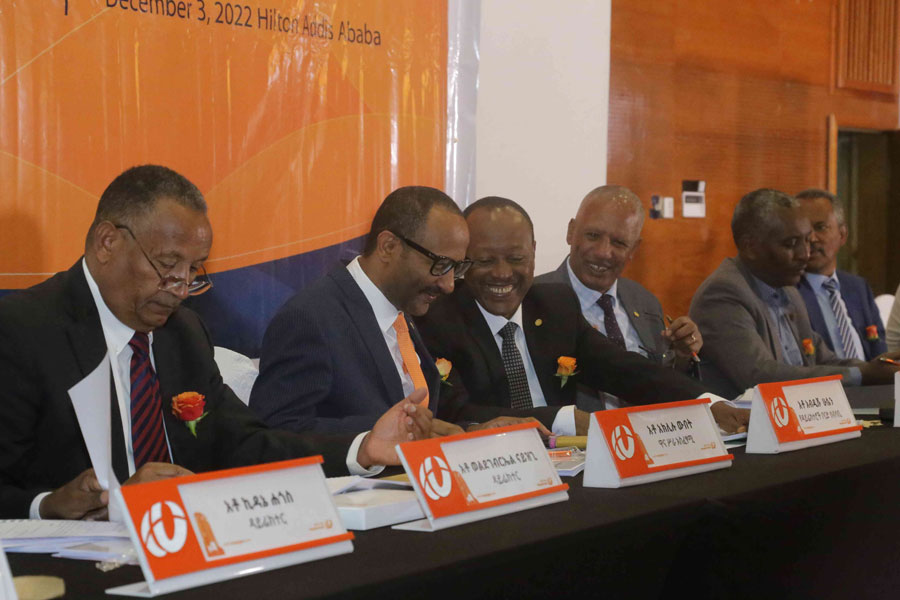
Fortune News | Jan 28,2023

Radar | Jan 21,2023
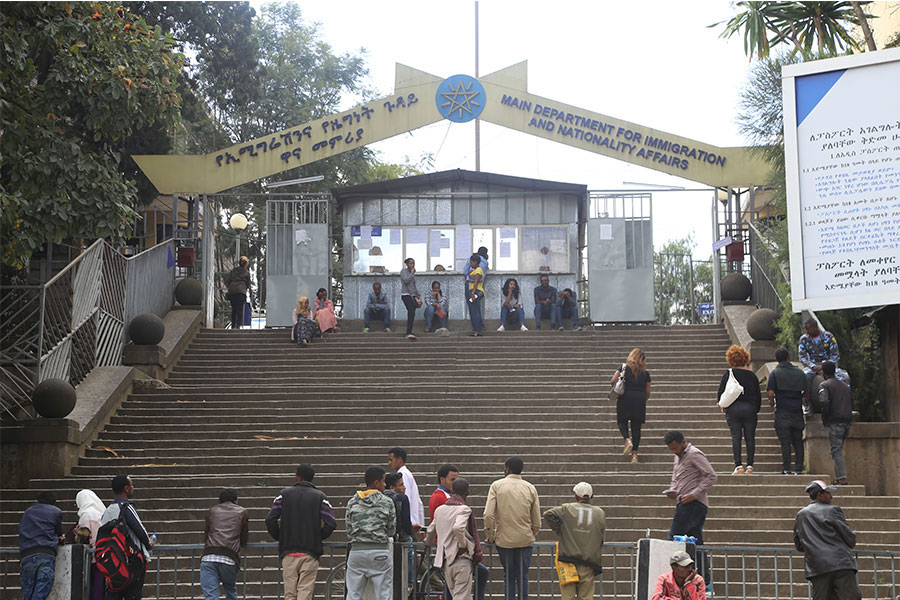
Fortune News | Sep 04,2021
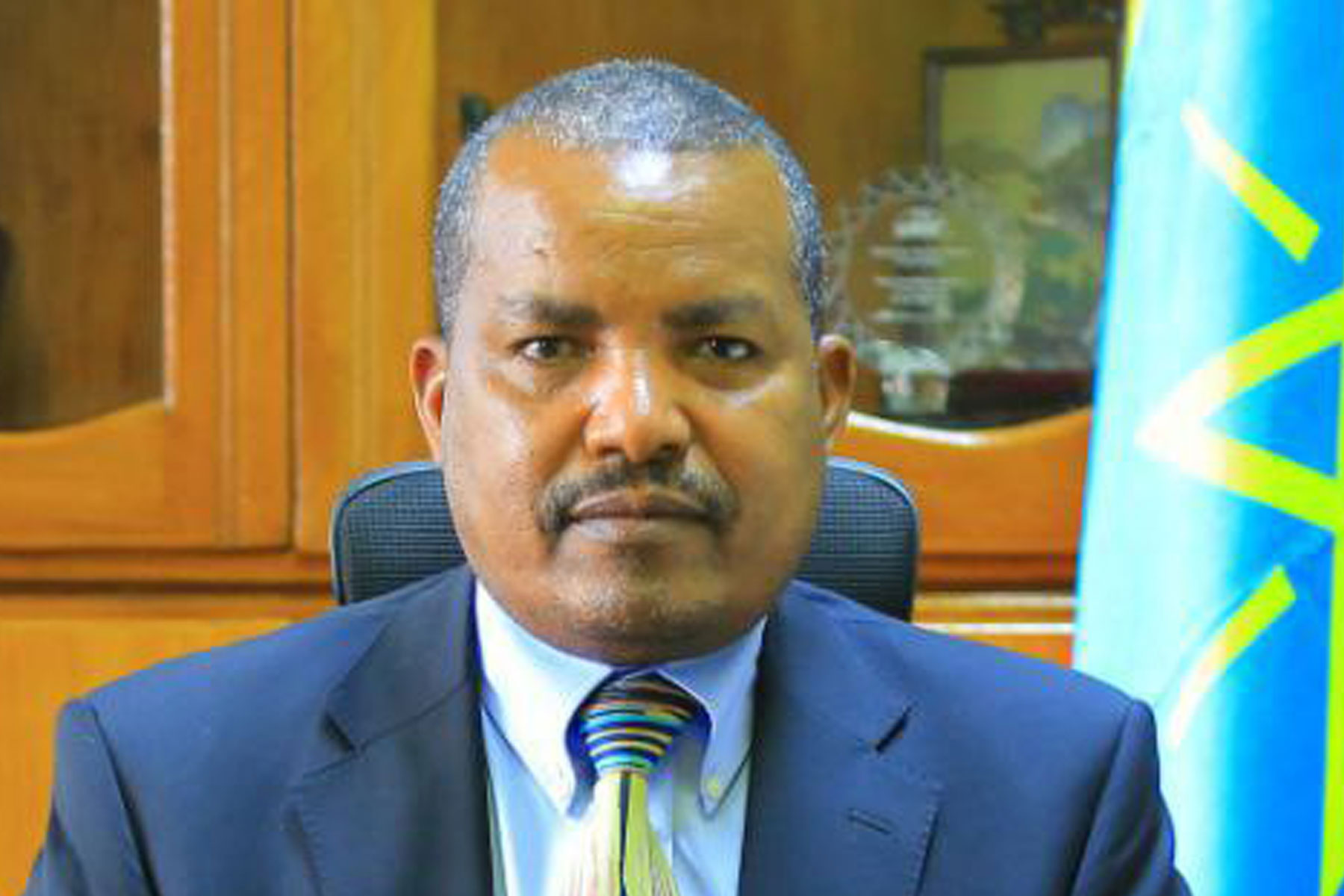
Radar | Apr 15,2024

Verbatim | Apr 01,2023
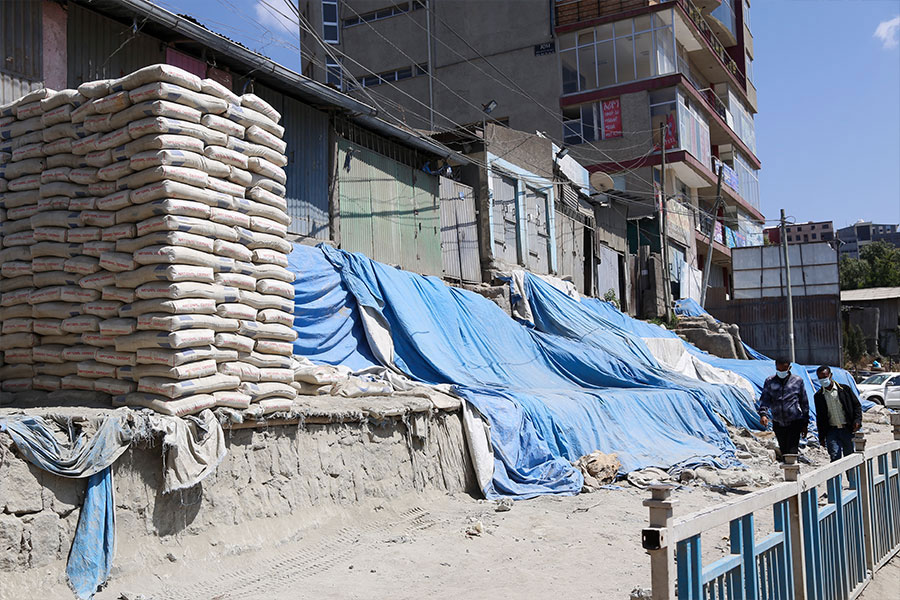
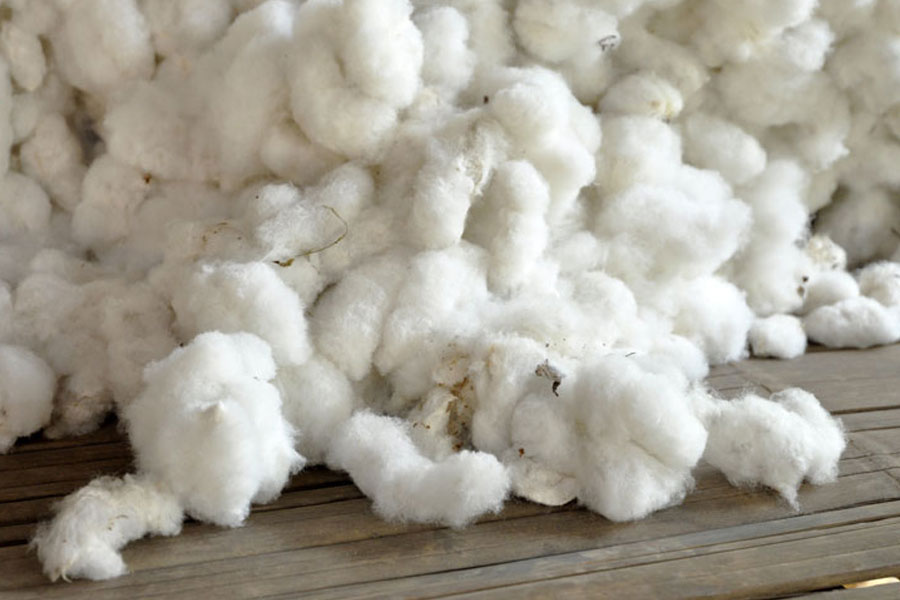
Fortune News | Feb 19,2022
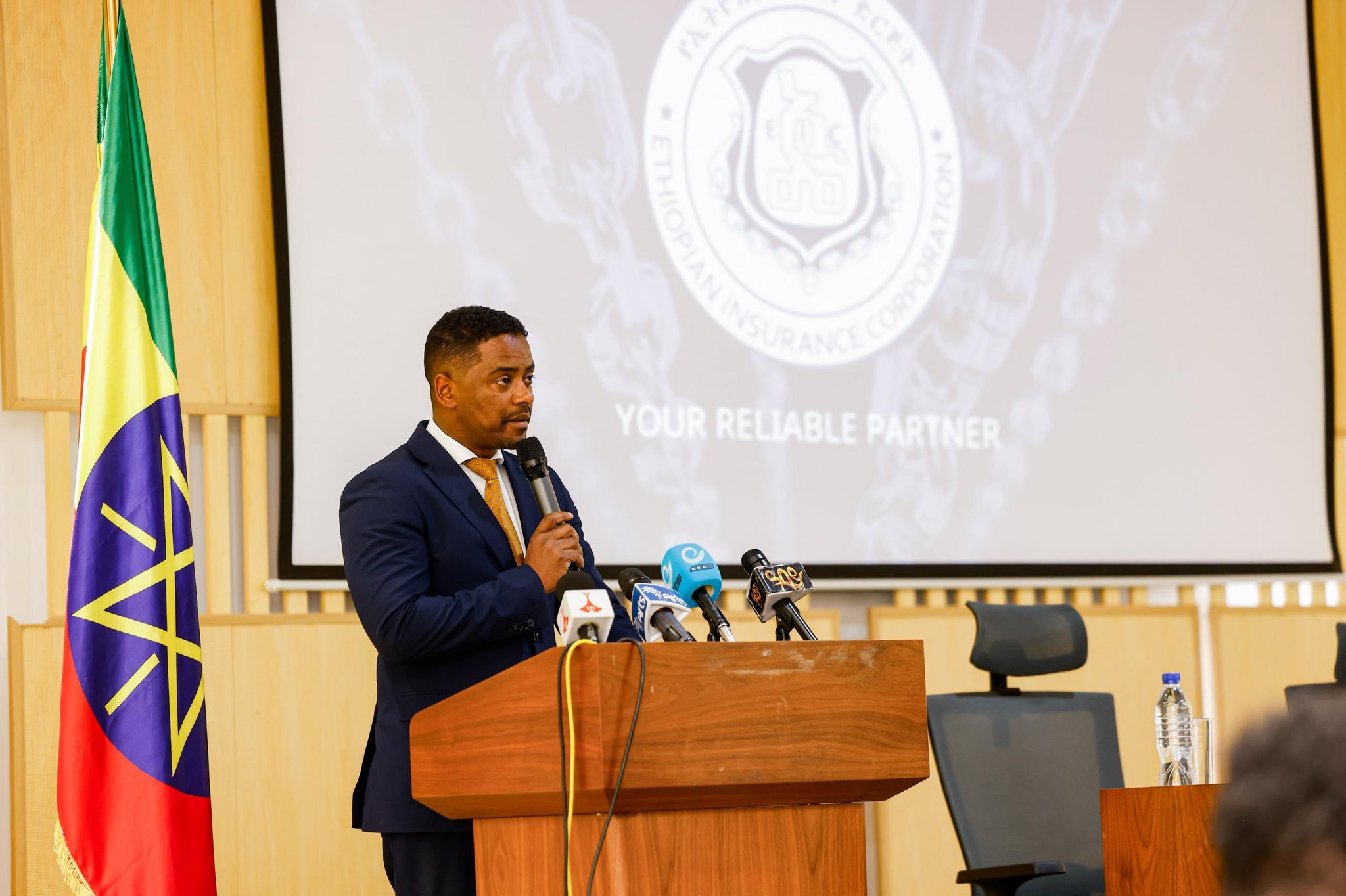
Fortune News | Aug 30,2025

Commentaries | Mar 12,2022

Dec 22 , 2024 . By TIZITA SHEWAFERAW
Charged with transforming colossal state-owned enterprises into modern and competitiv...

Aug 18 , 2024 . By AKSAH ITALO
Although predictable Yonas Zerihun's job in the ride-hailing service is not immune to...

Jul 28 , 2024 . By TIZITA SHEWAFERAW
Unhabitual, perhaps too many, Samuel Gebreyohannes, 38, used to occasionally enjoy a couple of beers at breakfast. However, he recently swit...

Jul 13 , 2024 . By AKSAH ITALO
Investors who rely on tractors, trucks, and field vehicles for commuting, transporting commodities, and f...

Nov 1 , 2025
The National Bank of Ethiopia (NBE) issued a statement two weeks ago that appeared to...

Oct 25 , 2025
The regulatory machinery is on overdrive. In only two years, no fewer than 35 new pro...

Oct 18 , 2025
The political establishment, notably the ruling party and its top brass, has become p...

Oct 11 , 2025
Ladislas Farago, a roving Associated Press (AP) correspondent, arrived in Ethiopia in...